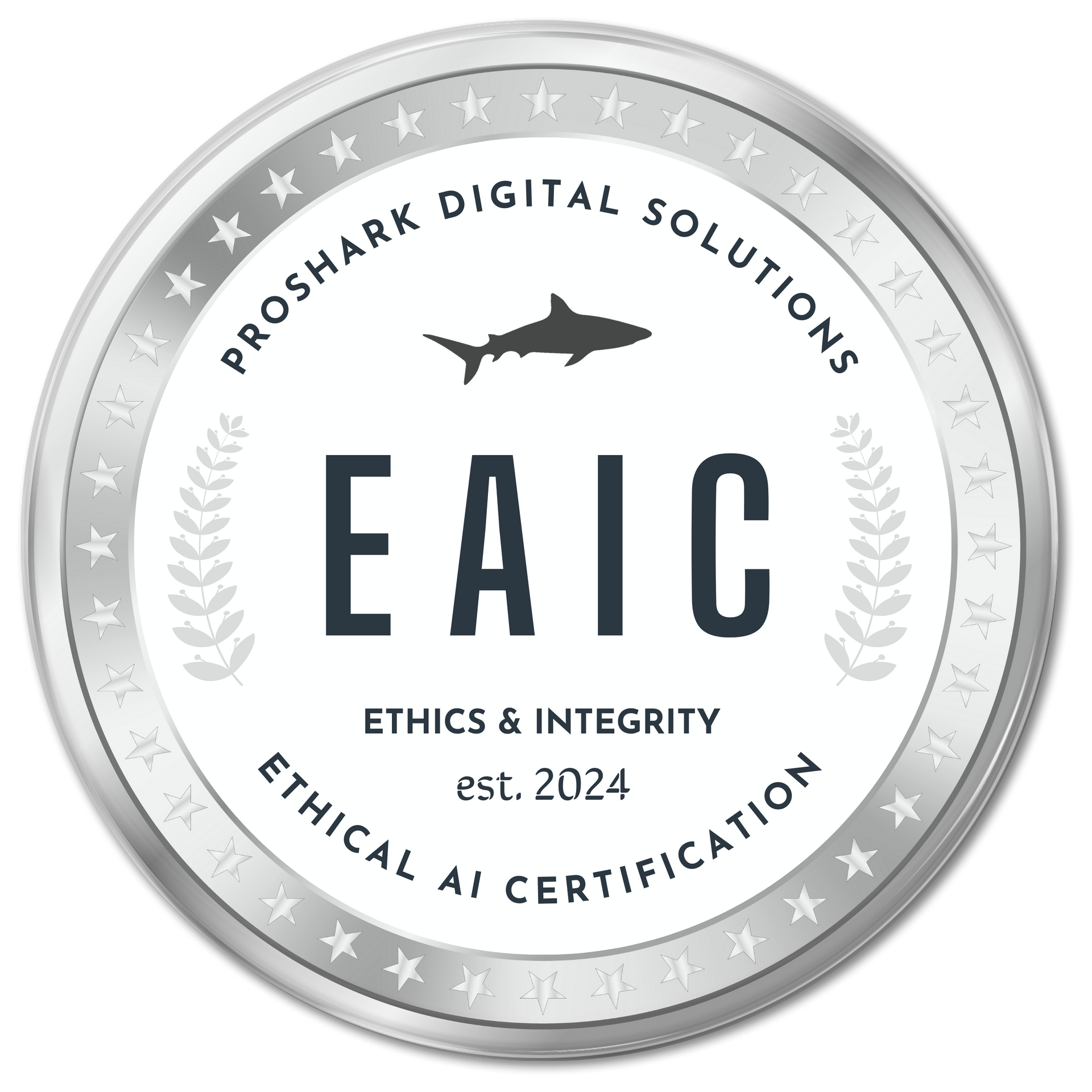Your business is unique, so your CRM solution should be too. Find which platform best suits you and your companies needs.
What is a CRM platform?
A CRM platform is a software application that helps businesses manage their customer relationships. It includes features such as contact management, sales and marketing automation, and data analysis. The goal of a CRM platform is to help companies create custom plans for managing customer interactions, maximize each interaction's potential, and track progress over time.
CRM platforms are often used by businesses of all sizes because they provide benefits that go beyond simply handling customer inquiries and complaints. By integrating with other business systems (such as ERP or back-office software), a CRM platform can help businesses improve performance across the board by automating processes and streamlining communication between departments.
There are many different CRM platforms available on the market today, so it's important to research which one would be best suited for your specific needs. Some popular options include
Prosharks mPro,
Salesforces Sales Cloud,
HubSpot Sales Hub,
ActiveCampaign,
Zoho CRM.
What are the benefits of using a CRM platform?
A CRM (customer relationship management) platform is valuable for businesses of all sizes. It helps to manage and track customer interactions in an efficient, organized way. This can help your business improve customer retention rates, reduce customer churn, and boost sales productivity.
Some key benefits of using a CRM platform include the following:
- Improved Customer Retention rates: A well-organized CRM system can help you keep your most important customers by tracking their interaction history and identifying any problems or issues early on. This will likely prevent them from leaving the company altogether, which would be a major loss for your business.
- Reduced Customer Churn Rates:
Another benefit of having a well-functioning CRM system is that it can minimize the amount of customer turnover. If you know what's happening with your customers at all times - whether they're Happy Customers, Unhappy Customers, or Complainers - you'll be able to address any issues quickly and efficiently before they turn into bigger problems. This will save you time and money down the road!
- Increased Sales Productivity: A strong CRM system also allows YOU to work smarter instead of harder...which means more productive days spent selling products rather than contacting customers manually! By automating routine tasks such as sending monthly billing reminders and creating custom reports based on user data, CRM systems make working with clients much easier (and less error-prone).
Different types of CRM platforms
There are a number of different CRM platforms available on the market today. Each has its own unique features and benefits, so it's important to choose the one that is best suited for your needs.
How to choose the best CRM platform for your business
There are a number of factors to consider when choosing the best CRM platform for your business. These include:
- Your company's specific needs and requirements
- The features offered by the different platforms
- How well the platform integrates with other parts of your business, such as marketing or sales systems
- The cost and ease of use of the platform
The 5 Best CRM Platforms
1. Proshark mPro
MPro CRM is a powerful and comprehensive CRM platform that offers the perfect solution for businesses of all sizes. Offering an intuitive user interface, MPro CRM makes it easy for business owners to manage their customer data in one place. The platform also includes features such as sales tracking and lead management, making it perfect for marketing departments. Additionally, MPro CRM provides users with extensive tools to improve their marketing efforts overall.
Some of the key benefits of using the Prosharks mPro CRM platform include:
- Intuitive interface - The user interface is easy to use, and it offers plenty of customization options to make the experience unique for each business.
- Extensive data capture capabilities - The platform allows users to capture all relevant information about their customers (email addresses, contact details, etc.) in one place. This makes it easier for businesses to track customer interactions and trends over time.
- Wide range of integration options - Prosharks mPro CRM platform can be integrated with various other platforms and applications, making it easy for businesses to connect with their existing systems. This helps them consolidate all customer data into one place and reduce redundancy across multiple systems.
Overall, this is a great tool that can help your business achieve its goals faster than ever before!
2. Salesforce Sales Cloud
Salesforce Sales Cloud is one of the most popular CRM (customer relations management) platforms on the market. It's easy to use and has tons of features that make it perfect for small businesses and startups.
One great feature of Salesforce Sales Cloud is its ability to connect with many other applications, such as Gmail, Dropbox, and Slack. This makes it easier for sales teams to keep track of their work from multiple locations. Additionally, Salesforce also allows you to create custom reports and dashboards to monitor key metrics.
Another great aspect of this platform is its integration with social media channels such as Facebook and LinkedIn. This means that your team can stay up-to-date on industry news and trends easily via social media accounts they are already familiar with.
Overall, if you're looking for a comprehensive CRM platform that easy to use and packed full of features then look no further than Salesforce Sales Cloud!
3. HubSpot Sales Hub
HubSpot Sales Hub is a comprehensive sales tool that can help your business get closer to its sales targets. It contains tools for planning and managing sales leads, tracking customer interactions, and closing deals. It also includes features such as marketing automation, lead scoring, and prospecting tips.
The main benefits of using HubSpot Sales Hub include the following:
- It is easy to use and navigate.
- It provides detailed information about each sale transaction so you can learn from your successes and failures.
- It integrates with other parts of your business so you can track progress across multiple channels (email, webinar registrations, social media posts etc.).
- Its effective marketing automation capabilities make it possible to create custom campaigns that reach the right people at the right time – resulting in higher conversion rates!
4. ActiveCampaign
ActiveCampaign is a powerful email marketing tool that lets business owners send and manage campaigns from one centralized platform. It offers several features that make it an ideal choice for small businesses, such as automated campaigns, dynamiccal led lists, and drag-and-drop campaign creation. Additionally, ActiveCampaign allows you to track your results in real time so you can see how your emails are performing.
Pros:
- ActiveCampaign is easy to use thanks to its drag-and-drop interface. You can create beautiful campaigns quickly and easily without having any prior experience with email marketing or software programs like Photoshop or Illustrator.
- The platform offers a variety of helpful tools for tracking the success of your campaigns, including weekly reports and detailed insights into individual messages sent through the campaign system.
Cons:
- While ActiveCampaign offers a number of valuable features for small businesses, it does have some limitations when compared to more complex email marketing platforms like MailChimp or AWeber. For example,automatic campaigns only work with lists created through Active Campaign itself rather than third-party services like GetListedNow.
5. Zoho CRM
Zoho CRM is a powerful sales and marketing software that can help businesses manage their sales processes more efficiently. It offers a variety of features to make managing customer relationships easier, including email marketing, lead management, contact management, and system tracking. Zoho CRM also has integrations with other popular tools such as Salesforce and Gmail, making it easy to get started no matter which platforms your business uses.
Overall, Zoho CRM is an excellent tool for businesses of all sizes who want to improve their sales process.
Here are some tips to help you choose the best CRM platform for your business:
- Start by evaluating your business needs. What kinds of information do you need to track? Which functionality will be most beneficial for your team?
- Consider whether you want a hosted or self-hosted solution. Hosted solutions typically offer lower prices than self-hosted solutions but come with some restrictions (for example, fewer customization options). Self-hosting is more expensive upfront but allows greater flexibility in terms of software selection and security measures.
- Look at the feature list carefully before making a decision - what exactly do you need? Are there any additional features that you would like to include? Do they exist yet on the currently available platforms?
- Once you have identified which features are important to you, assess how each platform performs in terms of those features. Is one platform better suited for specific tasks than others? For example, should tracking sales activity be handled by an auction system or lead management software?)
Overall it's important to evaluate all aspects of potential candidates before making a final choice - price/feature comparisons; ease/speed.
Bottom Line
So, what are you waiting for? The era of big data and analytics has been embraced by everyone including businesses. Importantly, all the five platforms we have mentioned in this article will help your business to manage customer relationships well.
These platforms come with a host of features that make managing relationships easy. With these systems in place, companies can improve their sales and conversions at the same time! So don’t wait anymore – get ready to manage your relationship-based sales with one of these amazing CRM systems now!









